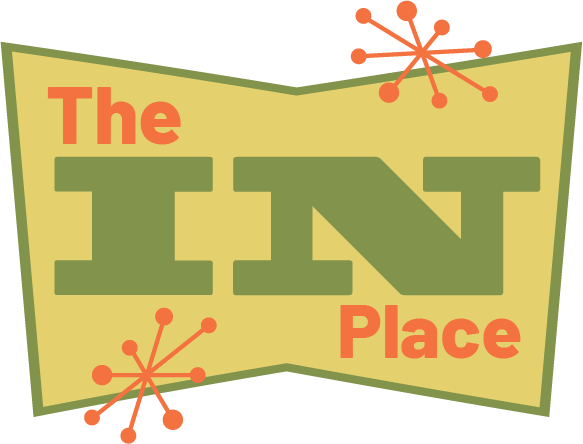ADHD Life Hacks, pt. 3: Outsourcing
Life is often a balance of money and time. So, I understand that most of us aren’t in a position to outsource everything. But, if outsourcing frees you up to have the time to earn more, you could come out ahead. But, even if you pick your spots and outsource a few things, it can dramatically improve your stress level, make time for self care, or allow you to live in a way that is more aligned with your values by, for example, having more time to spend with family. Examples… My wife and I divide up the responsibilities around the house. I tend to do somewhat more because she’s the primary breadwinner. But we generally go with our individual strengths and likes. Be both really, really, HATE doing the regular house cleaning. The money we spend on cleaners every other week, may be the best money we spend on anything. I outsource some of the laundry. I do sheet, towels, underwear & sweatshirts. Everything else gets dropped off. So, about $55 saved me about two hours every other week. Worth it by far for me. I don’t outsource cooking. I’m a classically trained, former professional chef. We eat WELL. But we also eat value because I make my own stocks, do my own butchering, and grow my own organic veggies in the summer. But I’m the exception. For some folks, including many of my clients, meal kits are a great way to spend less time, both cooking and planning, to eat better, more nutritious meals. It’s often cost effective if it eliminates waste when things go bad in your fridge or reduces costly takeout nights. Professionally, the best money I spend is on my bookkeeper. It is a pitance compared to the torture that doing my own books is…
